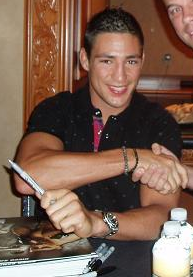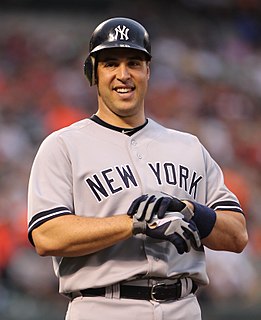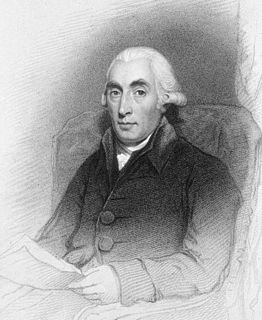A Quote by Victoria Azarenka
That intensity, that feeling of the battle, heat of the moment: personally, that's what I live for.
Quote Topics
Related Quotes
We may say that feelings have two kinds of intensity. One is the intensity of the feeling itself, by which loud sounds are distinguished from faint ones, luminous colors from dark ones, highly chromatic colors from almost neutral tints, etc. The other is the intensity of consciousness that lays hold of the feeling, which makes the ticking of a watch actually heard infinitely more vivid than a cannon shot remembered to have been heard a few minutes ago.
One cool judgment is worth a thousand hasty councils. The thing to do is to supply light and not heat. Ay any rate, if it is heat it ought to be white heat and not sputter, because sputtering heat is apt to spread the fire. There ought, if there is any heat at all, to be that warmth of the heart which makes every man thrust aside his own personal feeling, his own personal interest, and take thought of the welfare and benefit of others.
Heat may be considered, either in respect of its quantity, or of its intensity. Thus two lbs. of water, equally heated, must contain double the quantity that one of them does, though the thermometer applied to them separately, or together, stands at precisely the same point, because it requires double the time to heat two lbs. as it does to heat one.
When I play, I open up. I'm in the heat of the performance and it's a healing thing. It's great! It's like a spiritual elevation that occurs when you're playing and becoming one with the instrument or players on the stage. It takes on this incredible feeling of levitating and the molecules spin differently in the moment.
Within a year after I write a play I forget the experience of having written it. And I couldn't revise or rewrite it if I wanted to. Up until that point, I'm so involved with the experience of having written the play, and the nature of it, that I can't see what faults it might have. The only moment of clear objectivity that I can find is at the moment of critical heat - of self-critical heat when I'm actually writing.





































